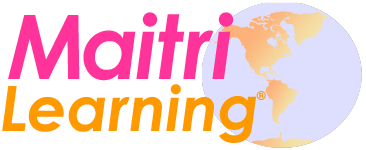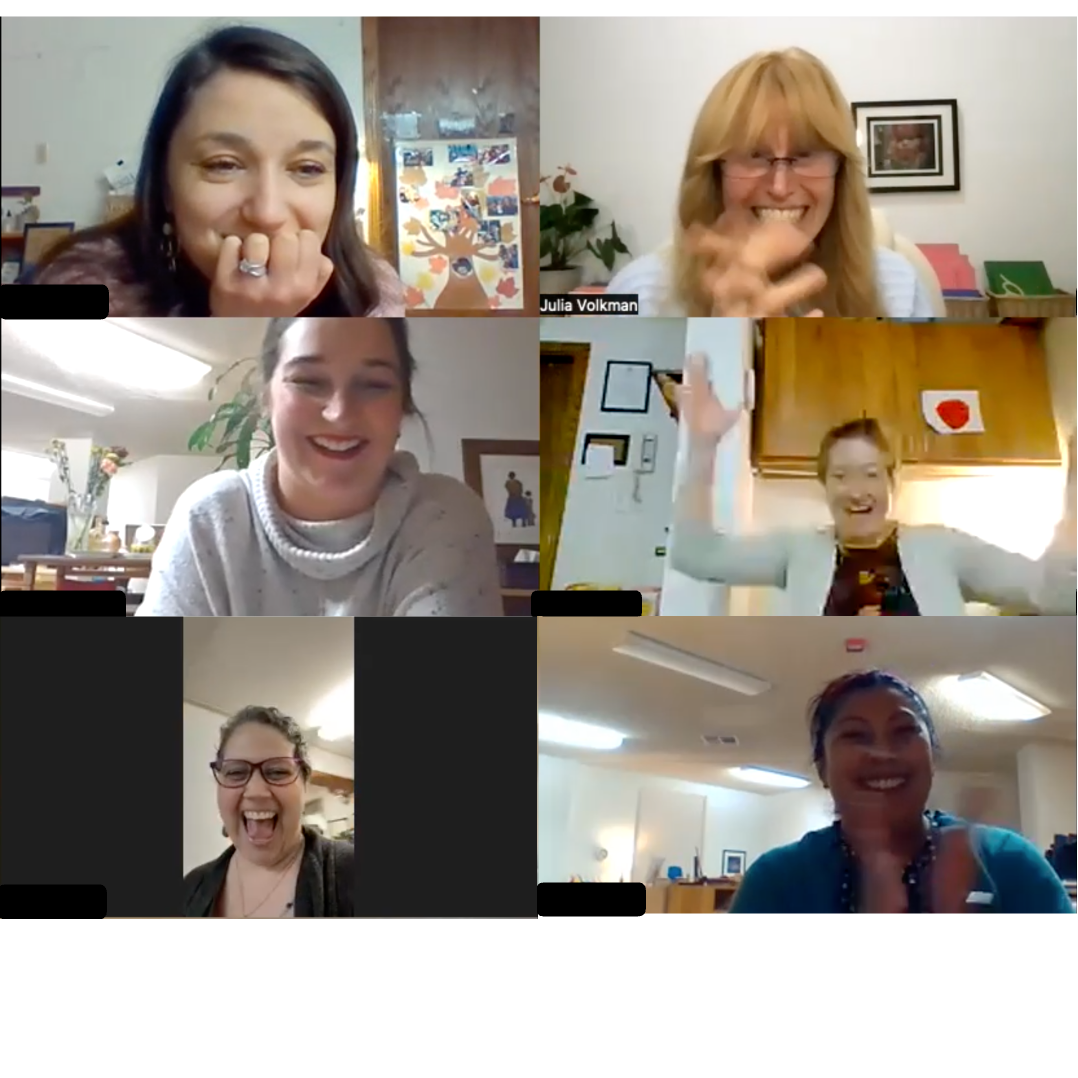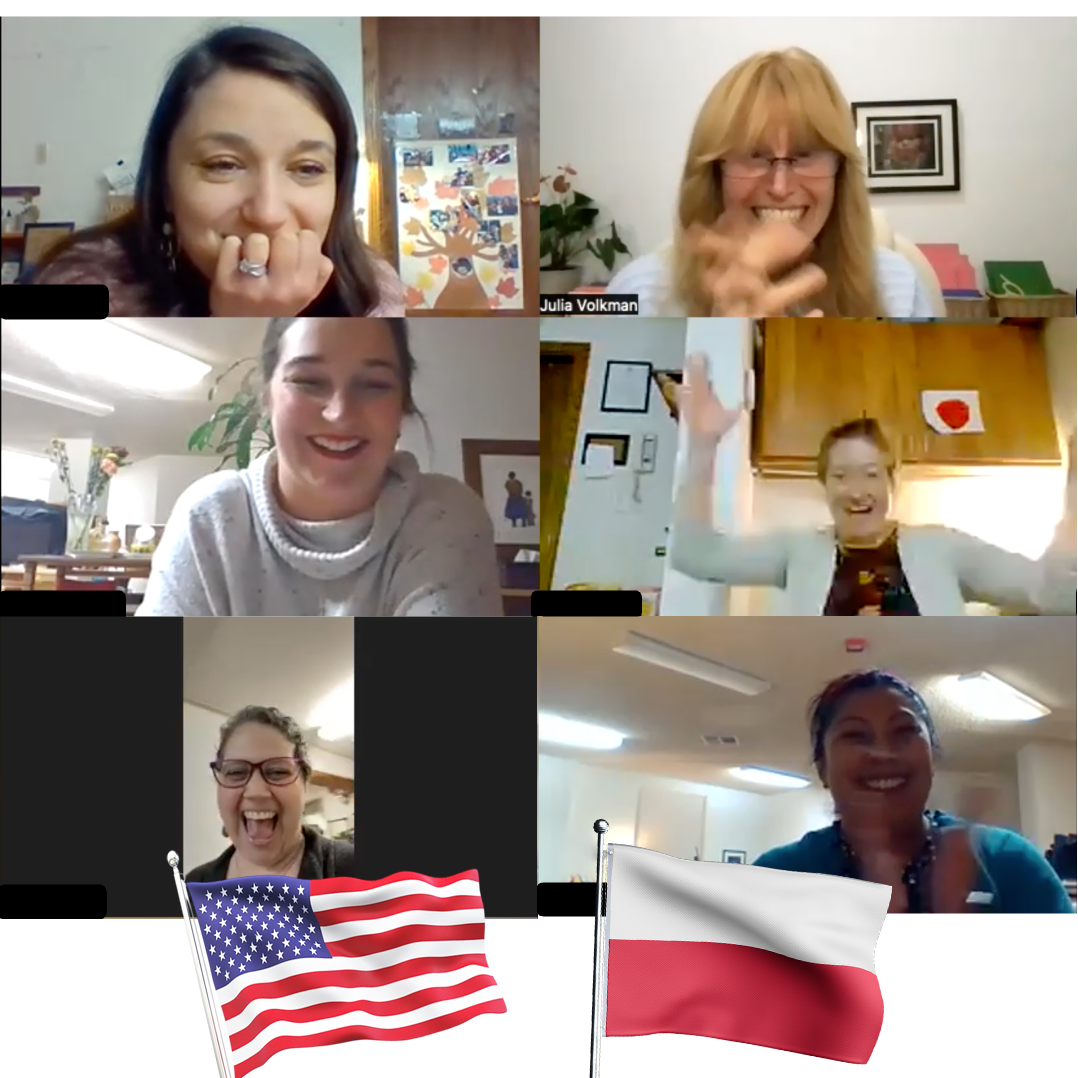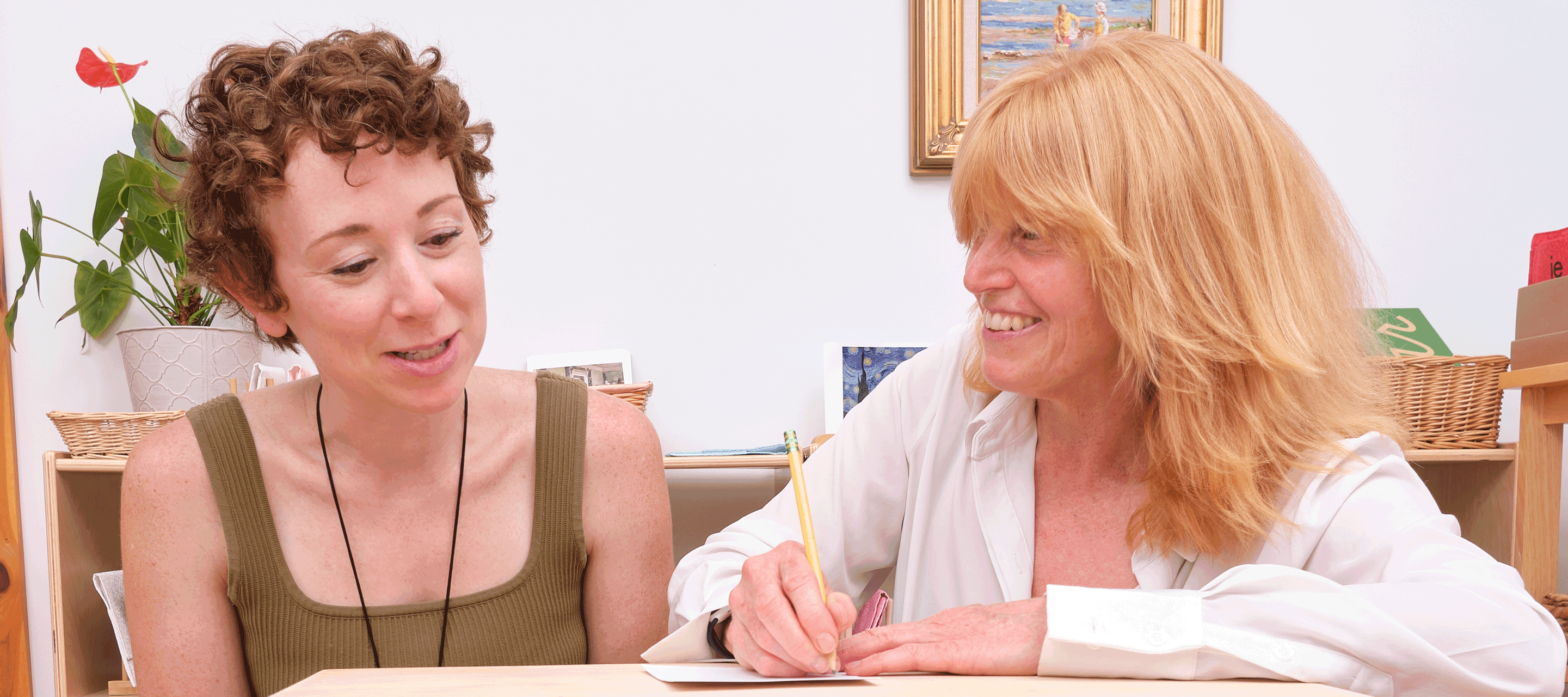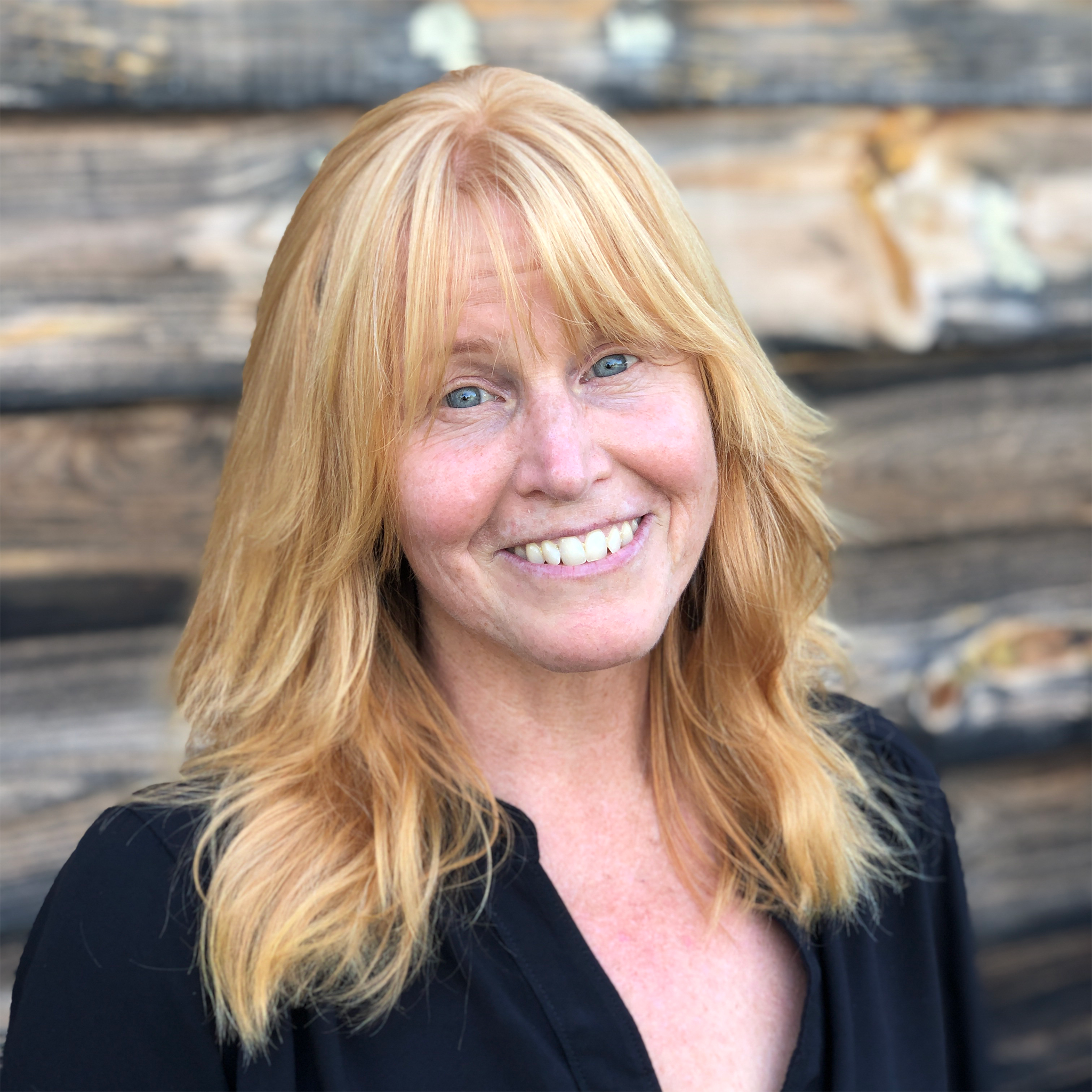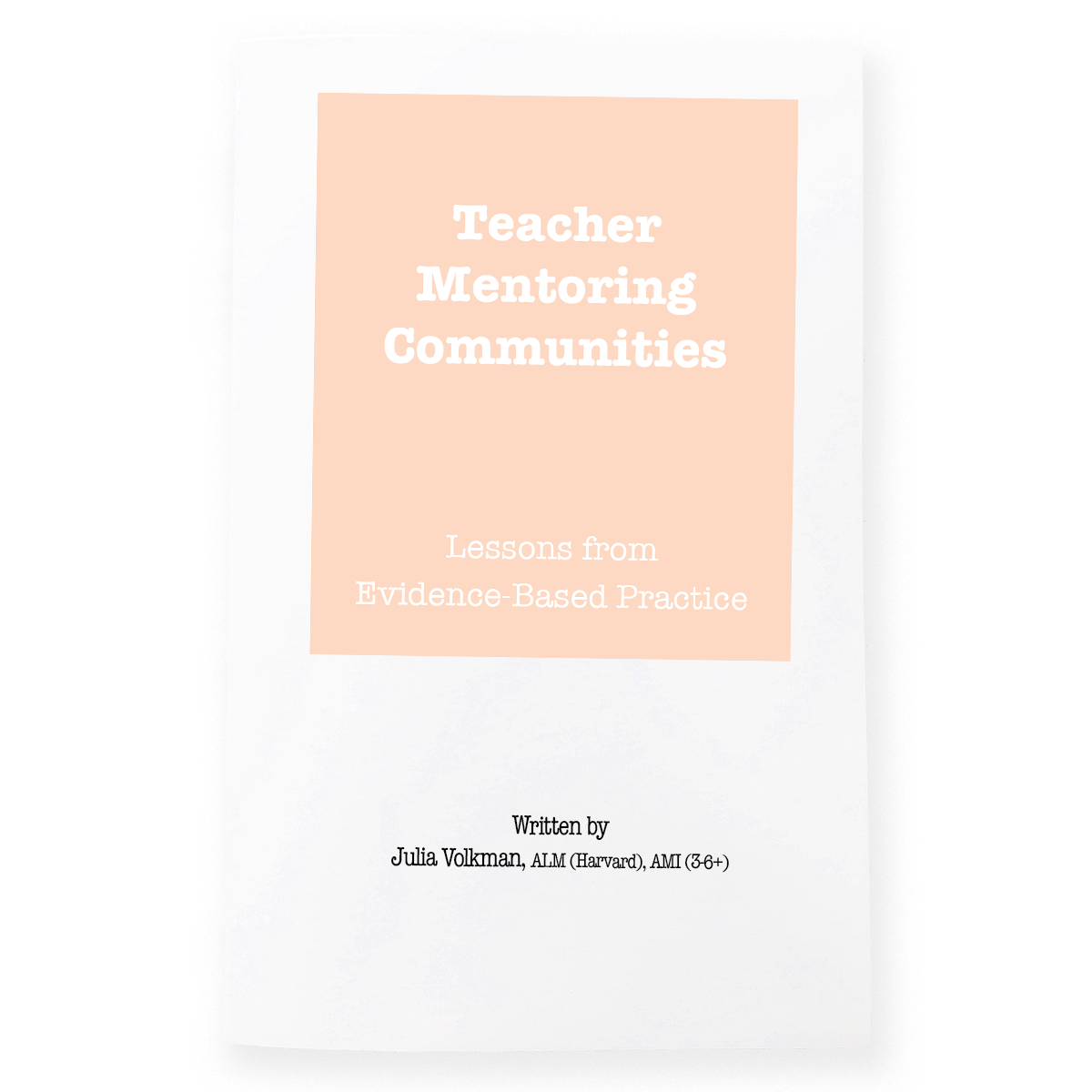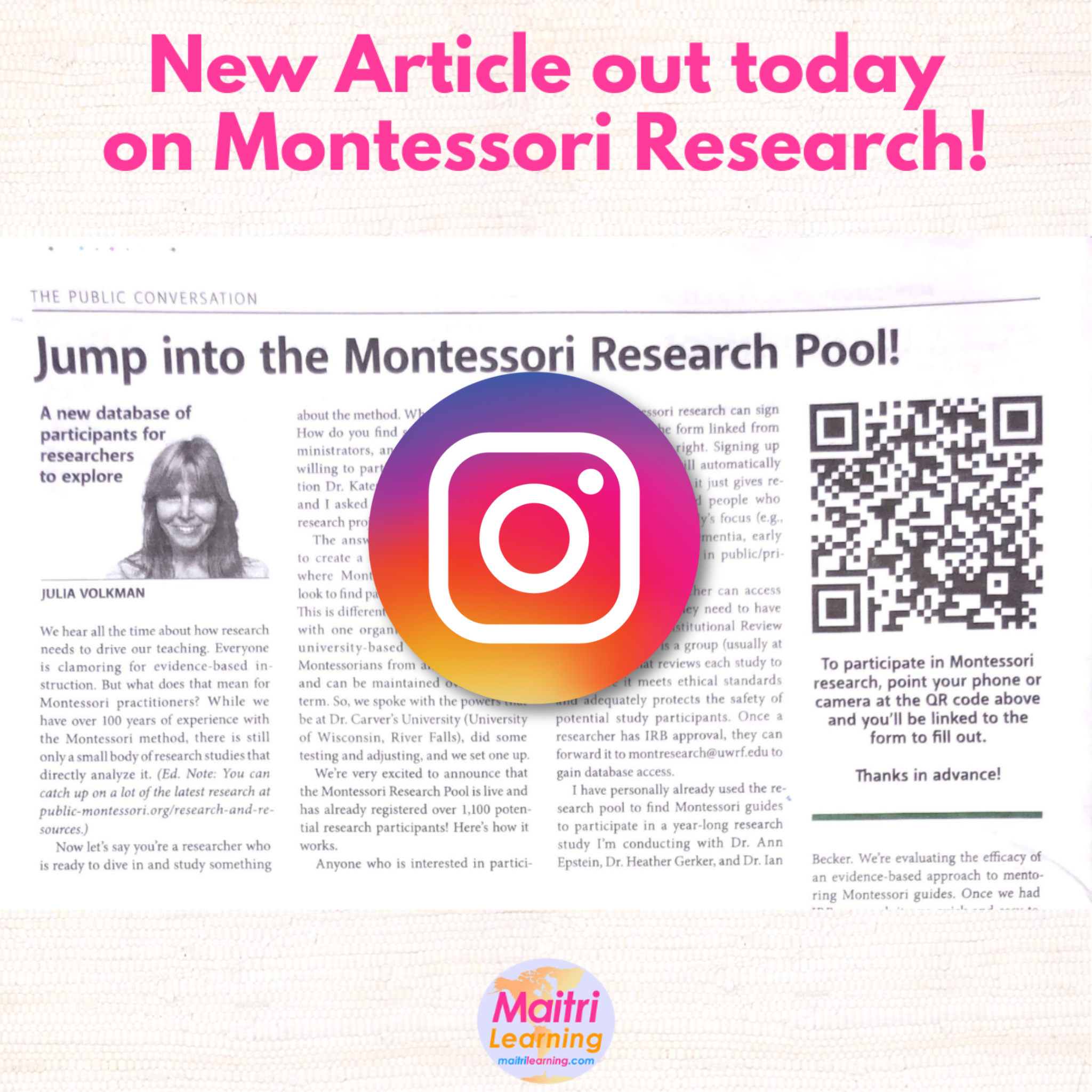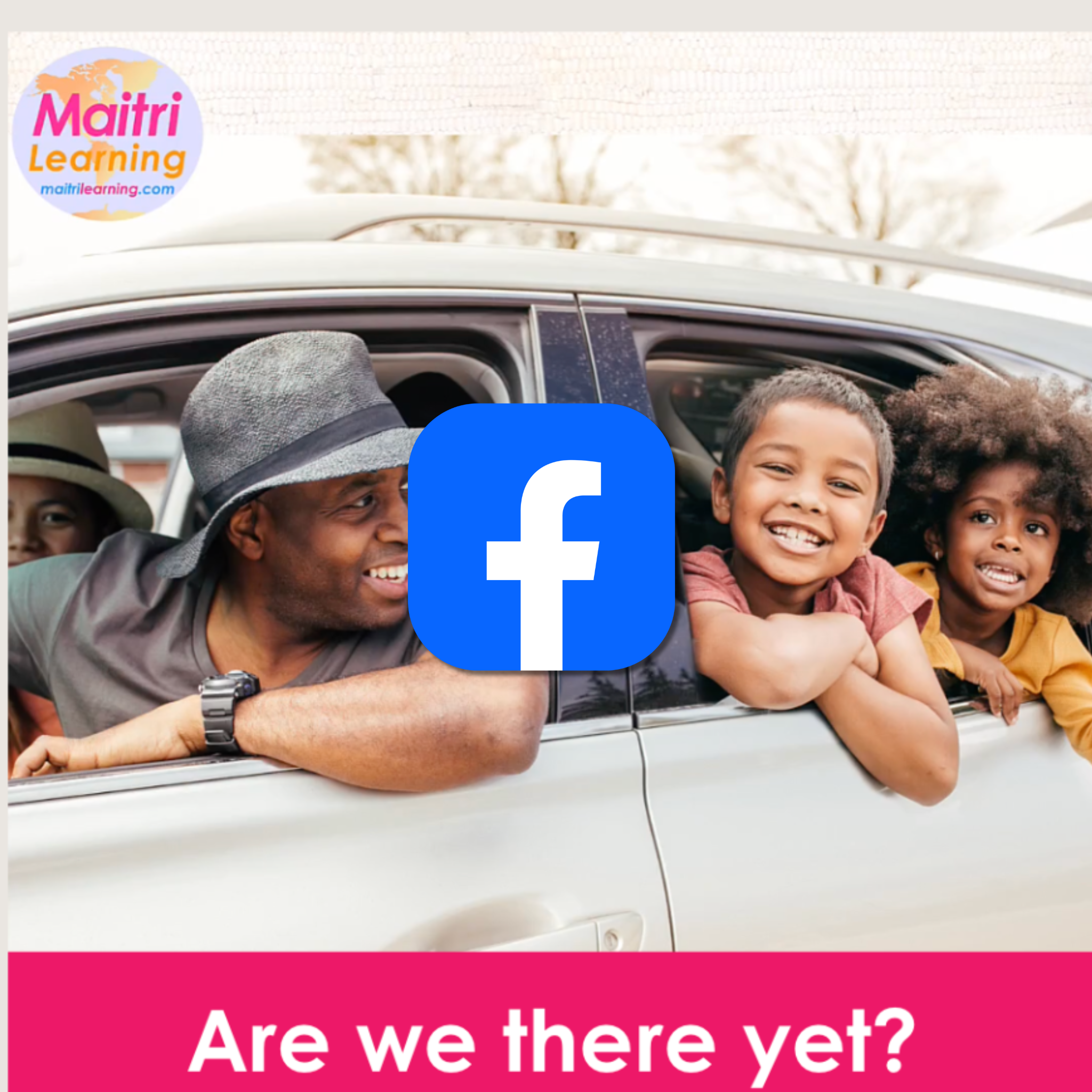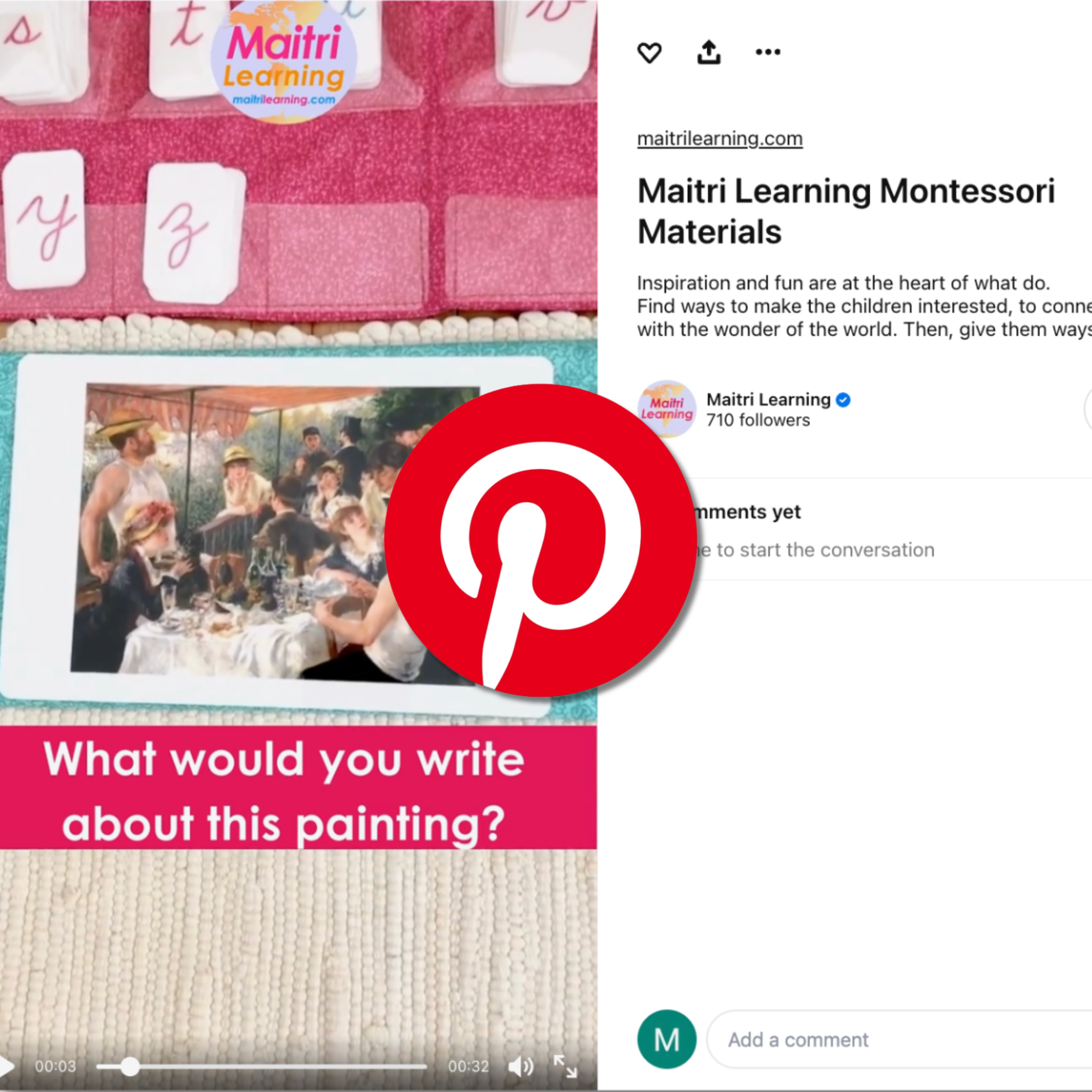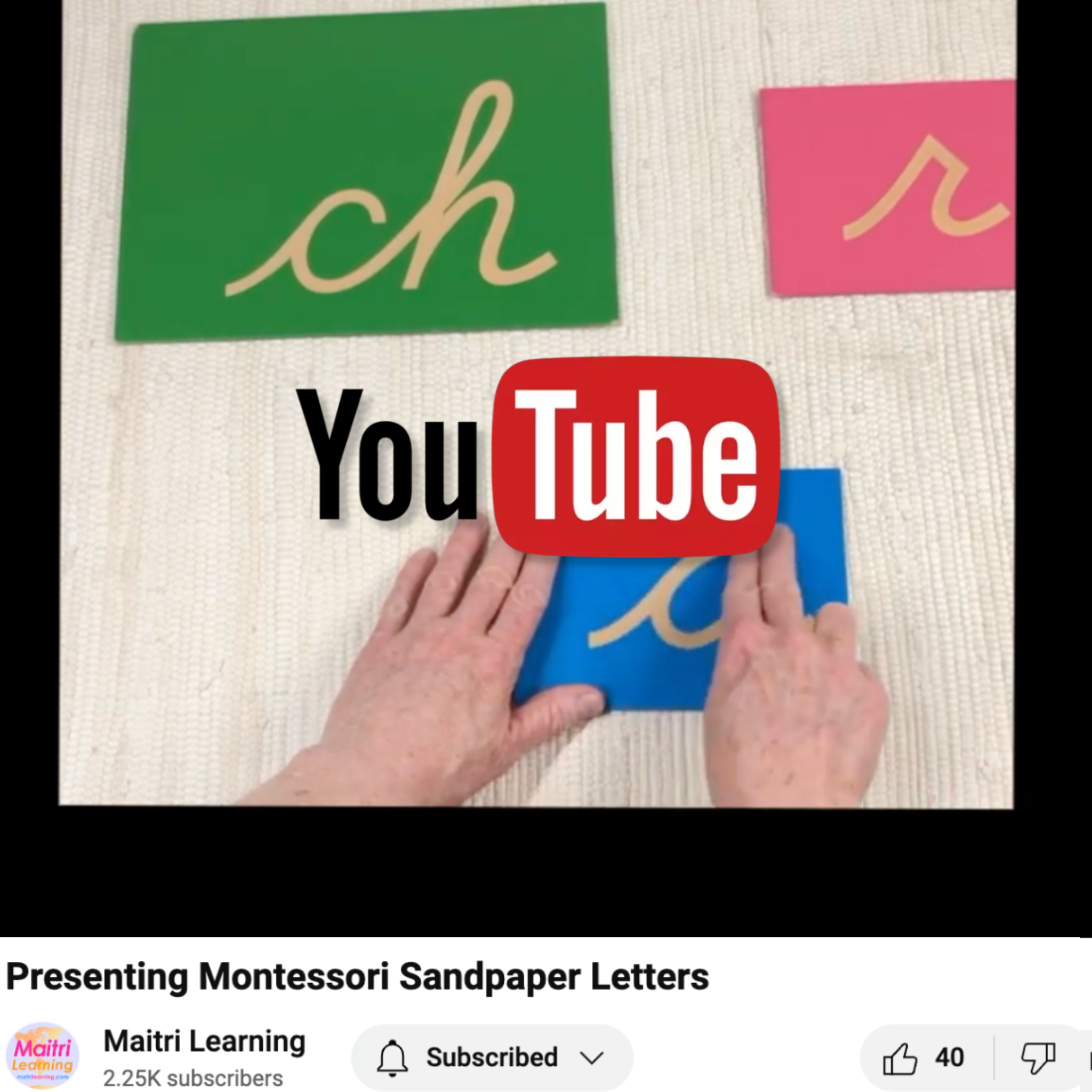Filters
More Information:
Mentoring

Do you want support for yourself or your colleagues in improving your Montessori practice? Do you have specific questions about the pedagogy for early childhood and how to implement it at school or at home? We are here to help.
Evidence-Based Support
Maitri Mentoring takes an evidence-based approach to supporting adults. We help you:
- Focus on what is working well/your strengths
- Provide content and direction to fill-in gaps in your learning
- Set realistic and achievable goals that get you where you want to go
Multiple Formats
Send us an email (admin @ maitrilearning.com) indicating your interest in mentoring. We offer support via Zoom in the following formats:
- One-on-one individual online support (by the hour or half-hour)
- Group mentoring community for teachers (online or hybrid)
- Introductory theory programs (online or hybrid)
- Refresher programs for Montessori guides (online or hybrid)
- Theory
- Practical Life
- Language
- Sensorial
- Math
- Cultural
Other programs can be designed to custom meet your needs.
Meet our Mentors
Julia Volkman

Julia Volkman is the Founder/President of Maitri Learning. a Faculty member with the Brain Health Initiative, a recurrent Teaching Fellow/Guest Lecturer in the Neuroscience of Learning course (Harvard), and an educational researcher (her thesis on the movable alphabet won the Dean’s Prize at Harvard and she is currently conducting a research study on evidence-based mentoring programs).
Among other things, Julia has worked as a columnist for the Public School Montessorian (now Montessori Public) and as the teacher’s representative on the Advisory Panel for the Annenberg Foundation's course Neuroscience & the Classroom (developed in conjunction with the Harvard-Smithsonian Center for Astrophysics). Julia also helped design and pilot a residential teacher education program for high-poverty public schools with the National Center for Montessori in the Public Sector (NCMPS). You can read about the wonderful lasting effects of this program at Libertas School of Memphis. and read about the design on her blog.
Julia earned her AMI 3 to 6+ diploma from the Montreal Montessori Training Centre (a bilingual program) and her Master’s degree from Harvard University. Her work focuses on transforming education into a transdisciplinary, scientific pedagogy grounded in mind, brain, and education (aka, Montessori education). Julia is the mother of two (one by birth and one by adoption) and married to a biochemist/MBA. She enjoys kayaking, hiking, yoga, meditation, singing, and conversation at the dinner table.
Watch Julia's YouTube videos on Montessori, Neurodevelopment, and more.
Veronica Burbano
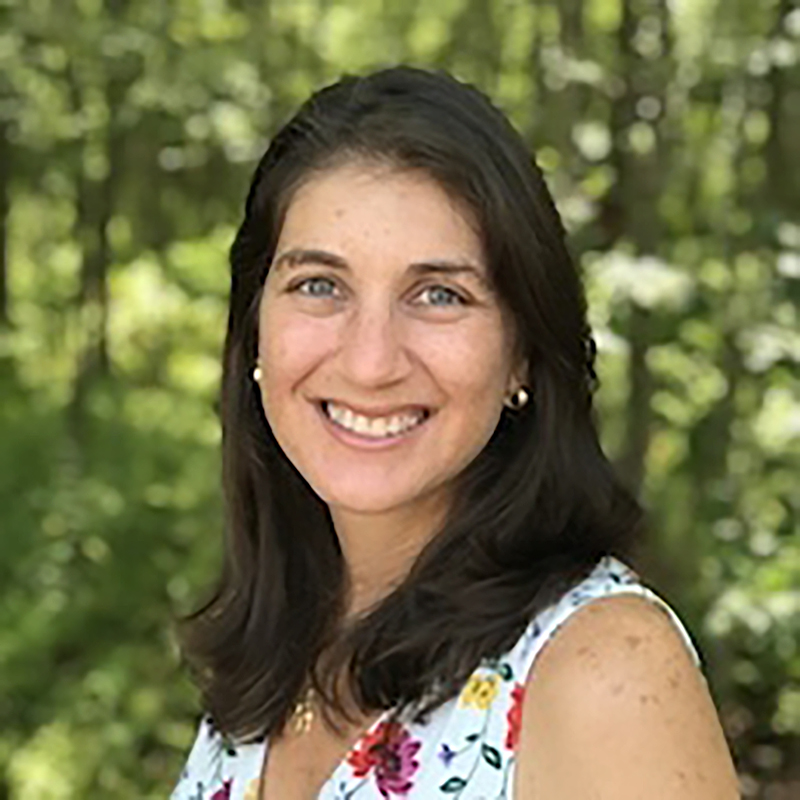
Veronica has over 16 years of experience as an educator. After taking her Montessori training in 2012, Veronica established the bilingual Casa de Niños program at the Amherst Montessori School where she worked for over 10 years. Veronica currently serves as an AMI Assistant Trainer at the Montessori Training Center of the Northeast in Hartford, CT (MTCNE). She has also offered consultation services to new guides at the National Center for Montessori in the Public Sector (NCMPS) and the Cambridge Montessori Institute (CMI).
Veronica has a strong passion for social-emotional development and is currently working on an AMI research paper titled, “How the Brain Supports the Integration of Social, Emotional, and Intellectual Development in Early Childhood and its Relation to Dr. Montessori’s Theory of Social Development in Children.” Veronica enjoys beekeeping with her husband and cooking with her two children. She also enjoys swimming, gardening, hiking, snorkeling, and frequent trips to her native country of Ecuador to spend time with extended family.
Listen to Veronica's podcast with the Greenspring Center for Lifelong Learning.
